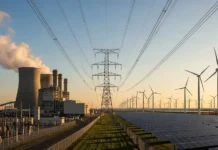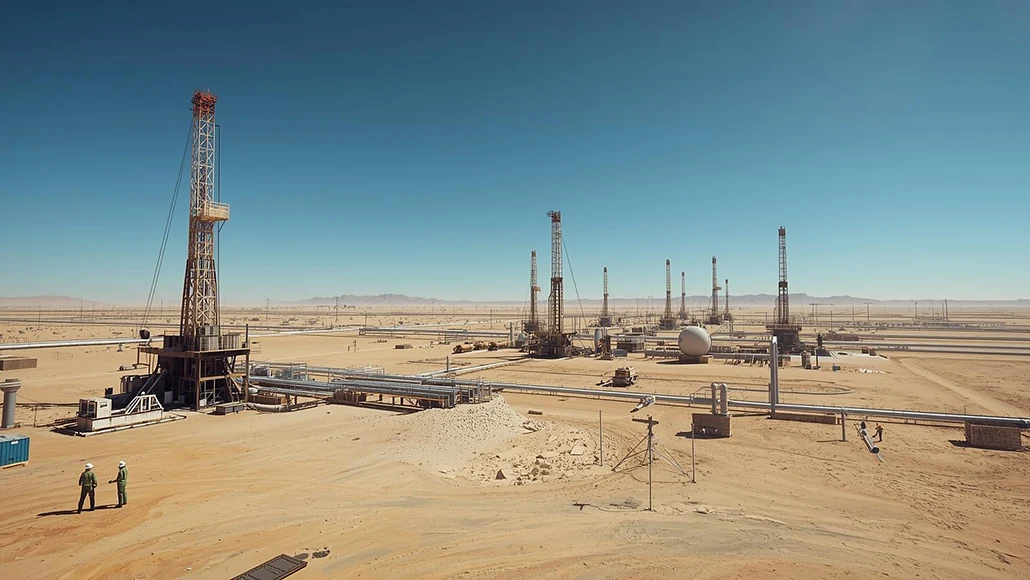Egypt’s Minister of Petroleum and Mineral Resources, Karim Badawy, has announced a new five-year oil and gas exploration strategy that calls for the drilling of about 480 exploration wells, backed by total investments surpassing $5.7bn.
Under the programme, 101 wells are scheduled for 2026, covering key production zones across the country, 67 in the Western Desert, nine in the Gulf of Suez, 14 in the Mediterranean Sea, and six in the Nile Delta. The initiative is designed to reinforce national oil and gas output and drive exploration momentum.
Speaking at the 3rd World Energies Summit, where senior officials and executives from international energy companies convened to discuss sector priorities such as exploration, production, and AI integration, Badawy outlined the progress achieved through recent policy incentives. He said 21 new agreements worth $1.1bn were concluded over the past year with global partners, and 300 wells were added to Egypt’s production portfolio. These efforts, he noted, reversed a decline in gas output, leading to the first production rise in August 2025 after several months of contraction.
The Minister emphasised that Egypt is pursuing a strategic roadmap through 2030 to sustain production growth in cooperation with leading global players. Among major international partners, Eni has pledged $8bn in new investments, while BP plans to commit approximately $5bn to fresh exploration ventures. He said four new deals worth over $340m had been signed with Eni, Shell, and Arkeus Energy to push upstream activity further.
Badawy also pointed to the Egypt Upstream Gateway (EUG), calling it a key digital tool that gives investors access to detailed geological and operational data, helping them make faster decisions. He referenced ongoing seismic surveys, including the East Mediterranean survey undertaken by the Egyptian Natural Gas Holding Company (EGAS) in collaboration with the Schlumberger–Veridien alliance, aimed at enhancing gas potential and attracting new investors. Similar surveys in the Western Desert and Gulf of Suez are also revealing new areas with oil and gas exploration promise.
Reaffirming Egypt’s place as a key energy hub, the Minister spoke of the country’s strong refining capacity and its LNG plants in Idku and Damietta. He also pointed to major pipeline routes, including SUMED and the Arab Gas Pipeline, saying they play a central role in keeping Egypt firmly positioned within the region’s energy network. He said these assets, combined with the Suez Canal’s strategic location, give Egypt a strong foothold in global energy trade. Badawy added that the ministry aims to grow petrochemical output and exports, setting a goal of $4.2bn by 2030, up from the $2.4bn expected in 2025.
Wrapping up, Badawy urged international firms to step up their investments in Egypt’s energy sector, saying the country remains open to global partnerships built on stability, transparency, and a strong infrastructure base that supports long-term growth.










































